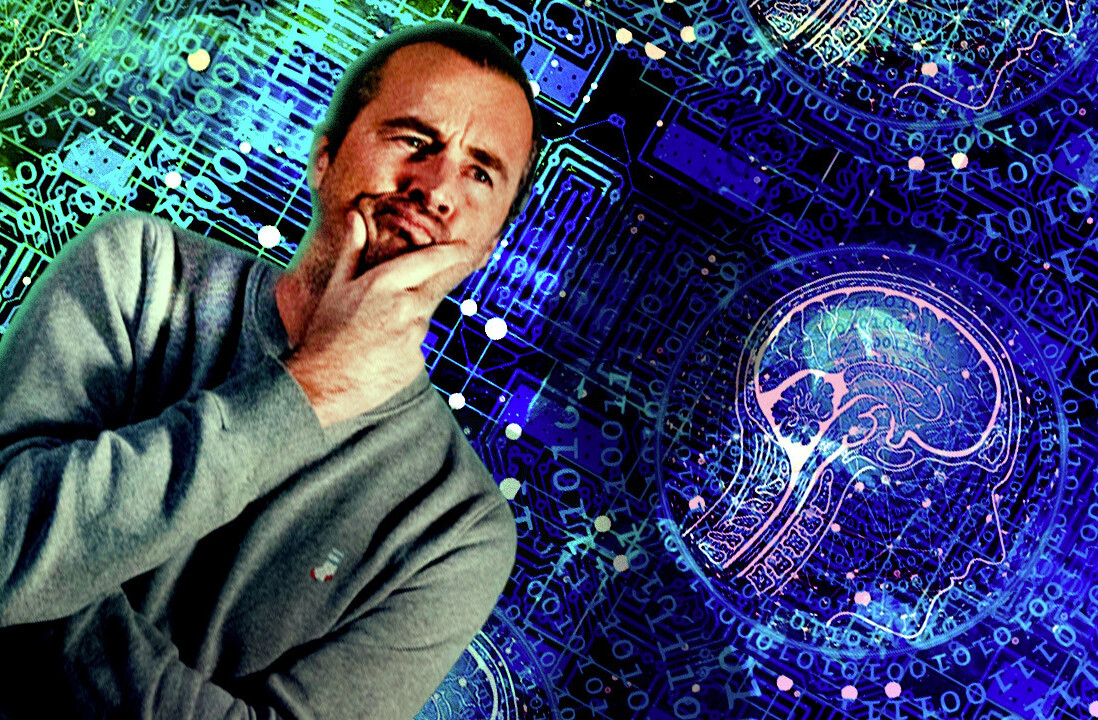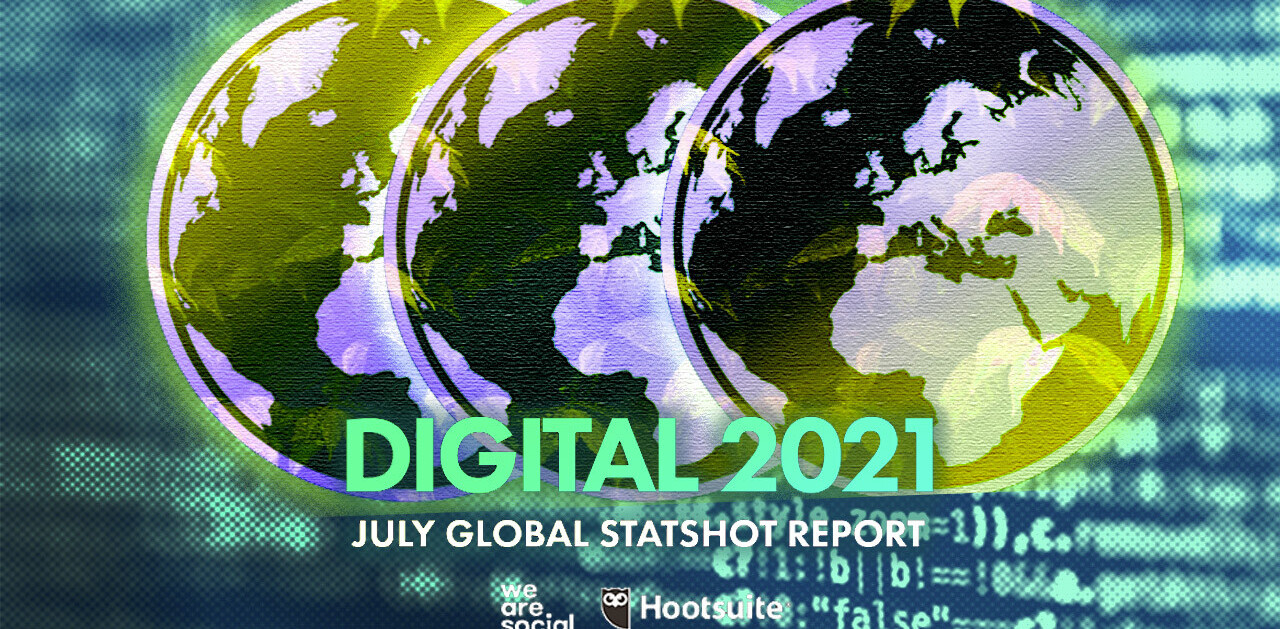
As Mark Zuckerberg recently wrote, “free and fair elections are the heart of every democracy.” Despite controversy over Facebook’s role in Federal elections and misinformation campaigns, he makes an excellent point. I know this all too well from personal experience.
Born and raised in South Africa during apartheid, I was born without voting rights. Witnessing the rise of Nelson Mandela and seeing first-hand how democracy and elections can transform a nation, it left a lasting impression on me. As an entrepreneur, I always dreamed about creating a platform for democracy, and I always thought that a mobile voting platform would be the answer.
Yet, the lack of data privacy, not the lack of mobile voting, is what currently threatens our democracy. The post-Cambridge Analytica world is different. There is suddenly an omnipresent awareness of the mounting problems with the ways we collect and store personal data.
It is no longer just about fraud or identity theft; the inability to control and protect our personal information has the ability to impact, not just credit scores, but international relations. Personal data harvested from the largest social network in the world was used to influence the US Presidential elections, showcasing how identity information and personal data is valuable beyond privacy concerns.
We’re living in a new world where our personal information is not safe, and it is being used to threaten democracy as we know it.
When I started to think about the logistics of a company that would make mobile voting a reality, I realized that the underlying problem was actually figuring out how to identify millions of people from their mobile device, or identity verification. And if we take a step back to look at the bigger picture, that is the underlying issue exists with data privacy too. We don’t know who we’re interacting with online.
Identity verification. It’s not a word that people use on a day-to-day basis, but who you believe you are is the core of being human. Being able to prove your identity is an essential need that humans have to engage in the world. Think about that whenever you apply for a credit card, a loan, a mortgage, or even when you open a new account online.
When there is an inability to prove who you are, it creates a ripple effect, leaving a wake of disinformation and distrust. Take Facebook and Marriott for example. Millions of people have lost the privacy of their personal data. It is now also relatively easy for this identity data to be misappropriated and misused. This makes it harder and harder to trust our interactions because we don’t know who is on the other side. Our digital, modern world has brought these trust gaps to light.
Identity verification is not going to solve all our problems, but it can help rebuild the trust that we’ve lost. As the digital transformation took off, no one stopped to think about the exorbitant amount of data collection that happened nor the value, and potential consequences, of that data. The data privacy problem snowballed before we ever got a chance to step in, but I believe blockchain technology can help us regain that control.
Blockchain-based identity verification is a mechanism that enables us to tie identity to a person, rather than to abstract information or a persona. What my partners and I have tried to do is to tie a person’s identity to their mobile device, by requiring biometrics to get into the app and verify their identity.
It provides a much higher bar than just sharing your social security number and your mother’s maiden name over the phone. There are now ways to make sure this data stays in the right hands, the hands of the person whom it identifies. This opens up opportunities to make things like mobile voting a reality, but it also addresses disinformation campaigns, keeping information out of centralized databases and in the hands of the people it belongs to.
The introduction of digital identity gives us the ability to know who is on the other side of a social media platform or a transaction and know who we’re engaging with online, or in real life. This is the first step to rebuilding trust. Like most good solutions, it’s not an overnight fix. It requires completely reimagining the way that we prove and verify identity in our modern world. But the silver lining is that it’s not a band-aid fix solution either, identity verification truly addresses the underlying issue.
Identity verification solutions won’t eradicate all the problems that we’re seeing emerge with data collection and data privacy. But figuring how identity transitions to the digital world is a step towards protecting democracy and our livelihood. Because making our personal information safer and more secure, makes our democracy more secure.
TNW Conference 2019 is coming! Check out our glorious new location, inspiring line-up of speakers and activities, and how to be a part of this annual tech bonanza by clicking here.
Get the TNW newsletter
Get the most important tech news in your inbox each week.





